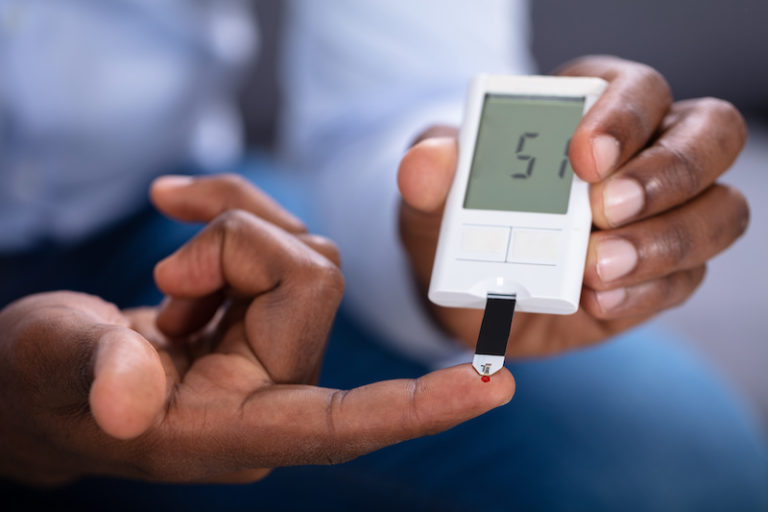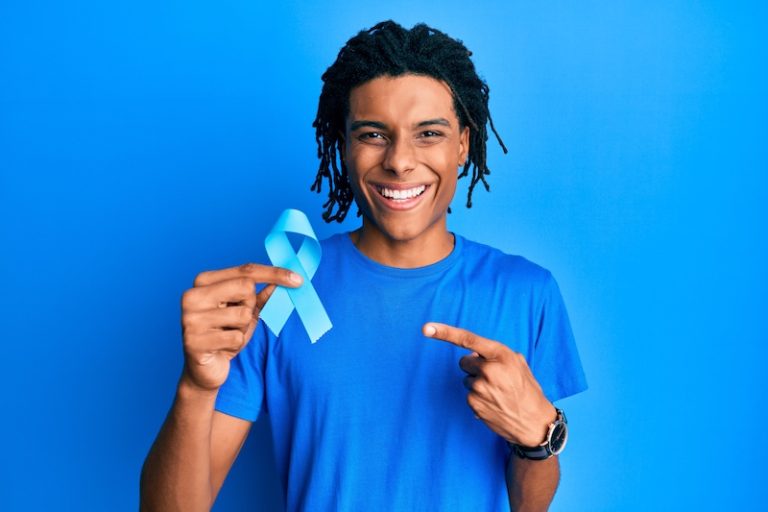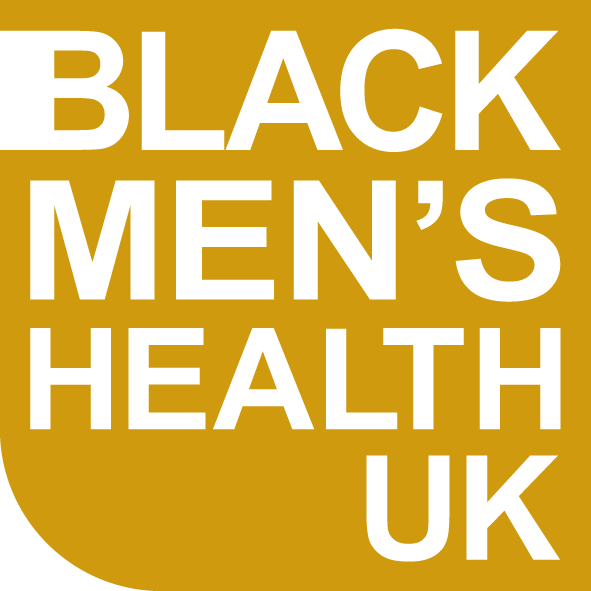Where ethnicity is known, 16% of men diagnosed with HIV in the UK in 2019 were of Black ethnicity. According to the last census, Black people make only 3.4% of the population.
Understanding HIV
Let’s start with the basics. HIV is not the same thing as AIDS or vice-versa. Often people mix the two up which isn’t helpful so get your understand into shape below.
HIV (human immunodeficiency virus) is a virus that damages the cells in your immune system and weakens your ability to fight everyday infections and disease.
There is no cure for HIV but effective treatment can help one to live a long and healthy life.
If you are diagnosed and treated early, treatment can stop you from developing AIDS.
Testing is the only way you can know if you have HIV or not.
AIDS stands for Acquired Immune Deficiency Syndrome. It is a collection of illnesses (‘syndrome’) caused by the HIV virus weakening the immune system (‘immune deficiency’).
You can’t get an AIDS diagnosis unless you’re already HIV positive.
Prevention of HIV
If you are sexually active, you can now avoid getting HIV using more than just condoms nowadays. Here are all the ways you can prevent getting HIV.
Good old condom remains one of the ways to prevent getting HIV when used correctly and consistently.
Even good is that it can multi-task and also protect against other sexually transmitted infections.
Remember this: Condoms come in different sizes, from small to kingsize, so make sure to choose the right one.
Don’t forget the lube, it’s good for the condom and everyone.
A newer kid on the block you need to know.
PrEP stands for pre-exposure prophylaxis. It is a pill taken by HIV-negative people before and after sex that protects them from getting HIV. PrEP is up to 100% effective if you take it as instructed.
PrEP is available for free at NHS sexual health clinics to people. considered at high risk of getting HIV.
PEP or post-exposure prophylaxis is an emergency treatment to stop you getting HIV after it has potentially entered your body. It has to be taken within 72 of exposure for it to work.
Now guys, this isn’t like the morning after pill. PEP involves taking HIV treatment every day for 1 month.
Testing helps to stop HIV being passed on.
It is important to know that most people get HIV from someone who doesn’t know they have it. So if we all test and reduce the chances of living with HIV unknowingly we can lower the chances of HIV being passed on.
When someone with HIV takes effective treatment it reduces their viral load to undetectable levels. This means the level of HIV virus in the blood is so low that it cannot be detected by a test.
Having an undetectable viral load for 6 months or more means it is not possible to pass the virus on during sex. This is called undetectable=untransmittable (U=U), which can also be referred to as “treatment as prevention”.
Testing for HIV
Testing is the only way to know for sure if you have HIV or not.
- Earlier diagnosis is better: Early diagnosis of HIV reduces the chances of it causing serious damage to your immune system. People who are diagnosed early and start treatment immediately have better health outcomes than those diagnosed late.
- Testing helps stop HIV being passed on– In the vast majority of cases, people get HIV from someone who doesn’t know they have it. People who are diagnosed late live between 3 to 5 years before finding out they have it. Lowering the number of undiagnosed HIV cases reduces the chances of HIV being passed on as people always take action to protect others from getting it.
Many ways to test
There are now many ways to test that ever before that include;
- Testing at your GP, sexual health clinic or come community organisations
- testing at home using a self-sampling kit where you take a bit of blood and send it off to a lab and then they contact you with the results.
- testing at home using a self-testing kit where you read your own results. Similar to how pregnancy testing kits work.
Do you need to test?
HIV treatment
HIV treatment can help someone live a long and healthy life. It is important to get HIV diagnosed early and to start treatment early before the virus has done any damage to your body.
There is no cure for HIV. The goal of the treatment is to stop the virus from reproducing to reduce the amount of virus in the body to as little as possible where it becomes ‘undetectable’.
When the virus gets to undetectable levels. it also means that it cannot be passed on.
Support
There are many organisations who are there to help should you want more information and help to stay HIV negative or support if you already have HIV. Below we have listed some of the organisations to look for.



